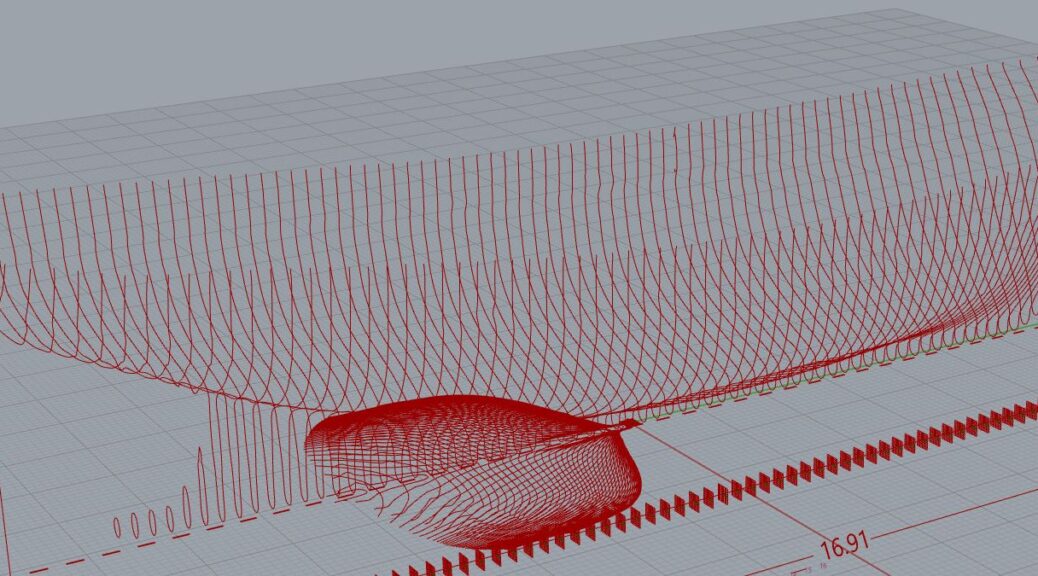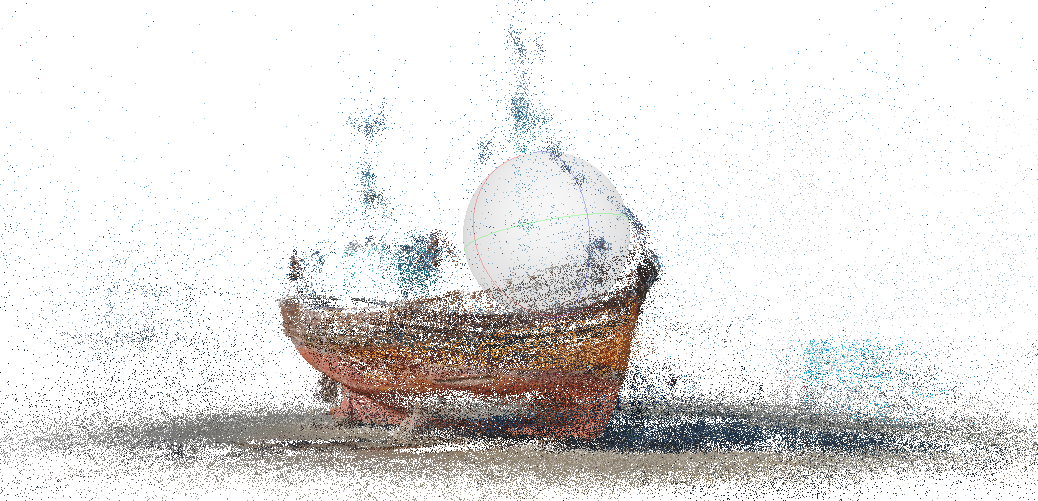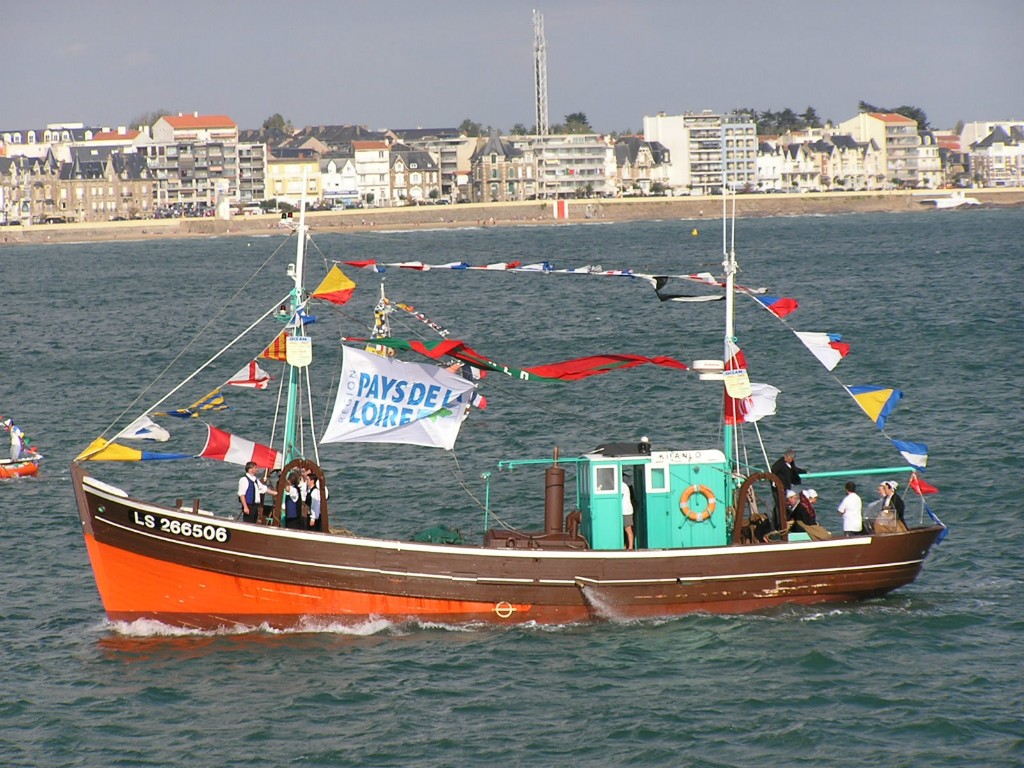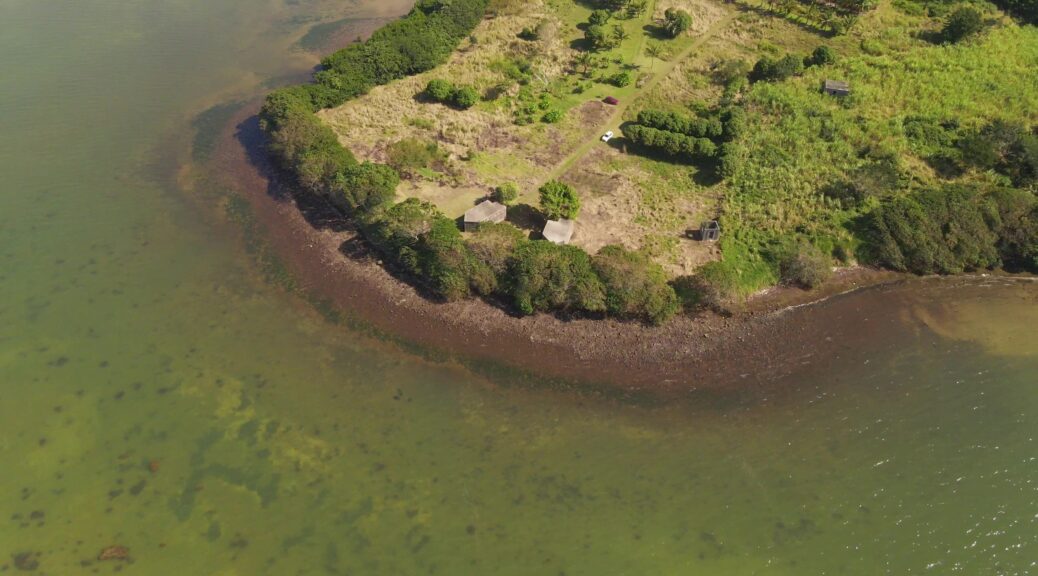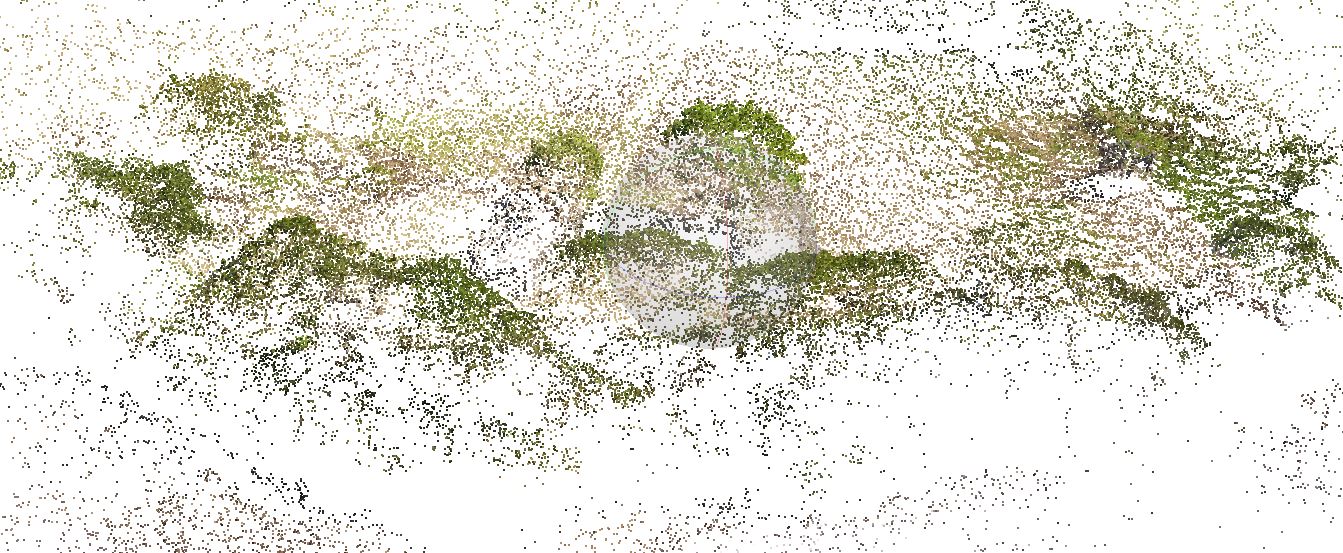Boat Survey: Kifanlo parametric analysis
Presentation
Built in 1955 in Les Sables d’Olonne, the KIFANLO was classified as a historical monument in 1984. She is one of the 16 identical hull trawlers launched by the Batifort shipyard between 1945 and 1957. The Kifanlo is a tuna trawler made of wood with mixed propulsion. She is 16.37 metres long, with a tonnage of 27.51 tons, and is equipped with a 120 hp Poyaud engine. (more at https://oceam.org/presentation-du-kifanlo)
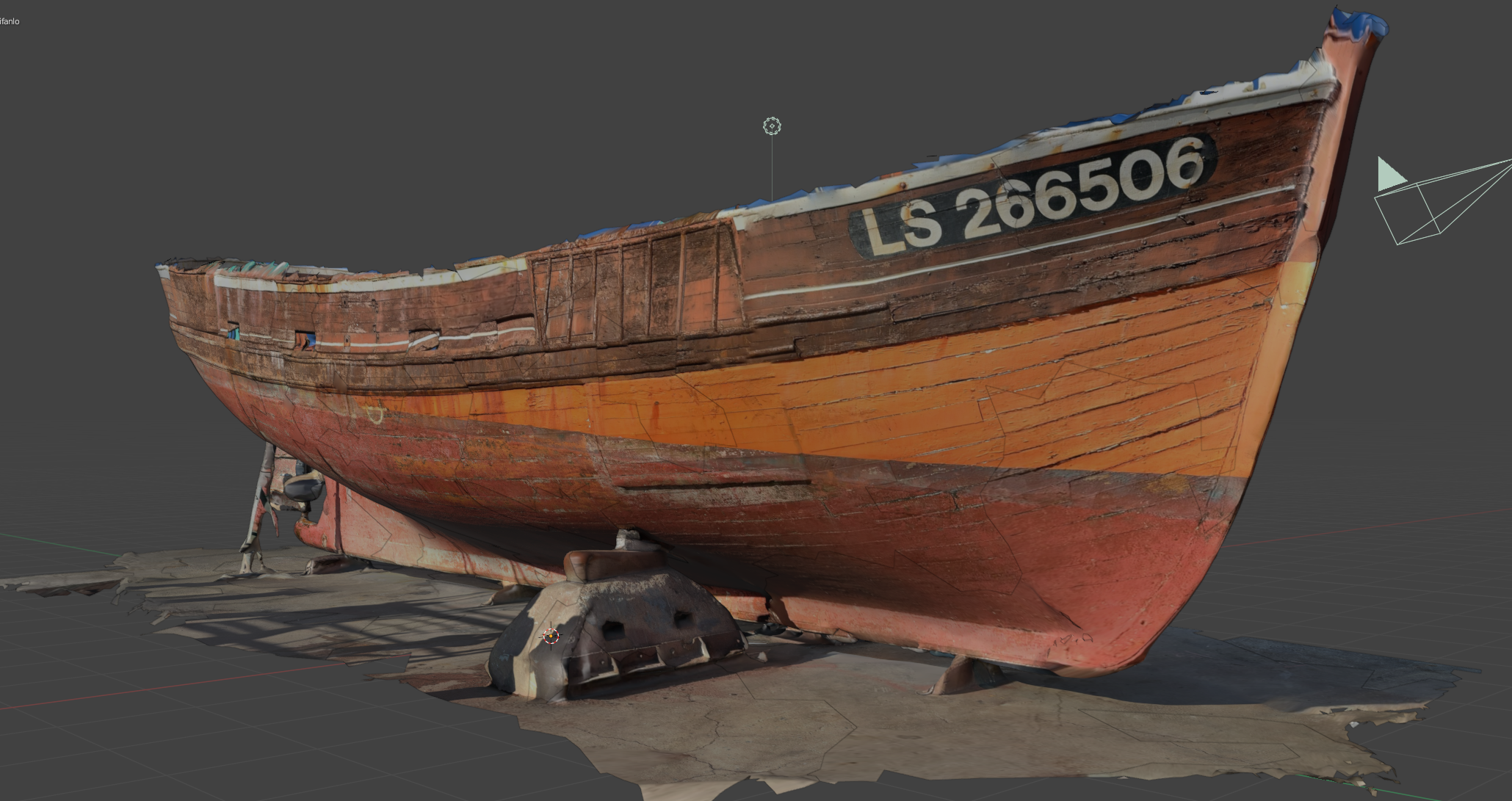 Continuer la lecture de Kifanlo part2, creating cut sections
Continuer la lecture de Kifanlo part2, creating cut sections

